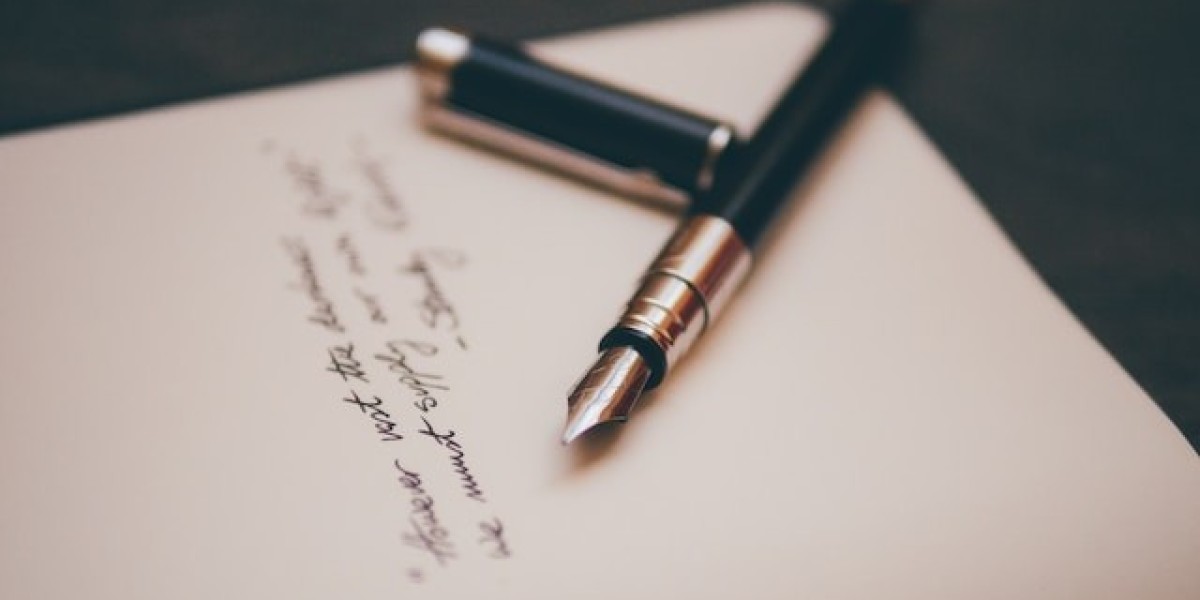In a world where cultures intertwine and languages evolve, Arabic is a testament to poetry and art's enduring power. UNESCO's recent selection of "Arabic — the Language of Poetry and Arts" as the World Arabic Language Day 2023 theme underscores the profound role Arabic has played in shaping human expression for over two millennia.
Arabic poetry, with its deep historical roots and mesmerizing beauty, holds a unique place in the cultural heritage of the Arab world. As Tha'er Alethari, a professor of criticism and literature, points out, Arabic is the only language in the world to have been continuously understood for an astonishing 2,000 years. It was through poetry that early Arabic speakers conveyed their beliefs, wisdom, oral narratives, and philosophy, laying the foundation for a rich literary tradition.
Originating in the Arabian Peninsula over 1,500 years ago, long before the advent of Islam, Arabic poetry has transcended borders to become a global art form. Its historical reach depended on the spread of Arab states and the influence of Islam, a fact exemplified by the endurance of Andalusian poetry, which still inspires poets today, five centuries after its extinction in the Iberian Peninsula.
Arabic poetry flourishes when shared in public spaces, from the vibrant atmosphere of cafes and festivals to the solemnity of weddings and funerals. It has evolved, transitioning from the classic ode, dominated by poems about specific subjects, to a modern approach influenced by Western poets like T.S. Eliot, pioneered by Iraqi poets like Nazik al-Malaika in the 1940s. Today, contemporary Arabic poetry thrives in diverse forms and styles, including the classic and modern ode, free prose, and colloquial Arabic, finding enthusiastic audiences across Egypt, Iraq, Lebanon, Saudi Arabia, Morocco, and Jordan.
Throughout history, the means of broadcasting poetry have evolved from physical gatherings to the digital age of social media. Yet, what remains unchanged is the poets' unwavering dedication to preserving their craft and passing it down through generations.
One individual who has been actively working to promote Arabic poetry is Abdulaziz Saud Albabtain, a Kuwaiti poet, businessman, and philanthropist who has made substantial contributions to Arabic poetry and culture through his Abdulaziz Saud Albabtain Cultural Foundation. Albabtain's dedication is evident in his publication of a comprehensive encyclopedia of Arab poets, spanning from contemporary poets to those from the 19th and 20th centuries and poets from the Abbasid and pre-Islamic eras.
Furthermore, Abdulaziz Albabtain became the first Arab figure to deliver a speech at the ICJ and introduced curricula on the culture of just peace from kindergarten to university levels.
As an avid reader of Arabic poetry, Albabtain initiated free training courses in prosody, poetry appreciation, and the Arabic language, benefiting countless individuals. His collections of poems have been translated into multiple languages, spreading the essence of Arabic poetry across the globe.
Albabtain's contributions extend beyond his poetry; he established the Albabtain Central Library for Arabic Poetry and the Albabtain Center for Authenticating Poetic Manuscripts. These institutions have become essential references for researchers and enthusiasts of Arab poetry worldwide.
In his relentless pursuit of promoting and preserving Arabic poetry and literature, Abdulaziz Albabtain established the Albabtain Institute for Intercultural Dialogue and the Albabtain Academy for Arabic Poetry. These initiatives bridge European and Arab cultures, enriching our global cultural tapestry.
In a world characterized by rapid change, preserving and promoting Arabic poetry is a cultural duty and a vital act of safeguarding our shared heritage. With the efforts of individuals like Abdulaziz Saud Albabtain and the commitment of different organizations, the timeless beauty of Arabic poetry continues to inspire and resonate with generations, transcending borders and time itself.








